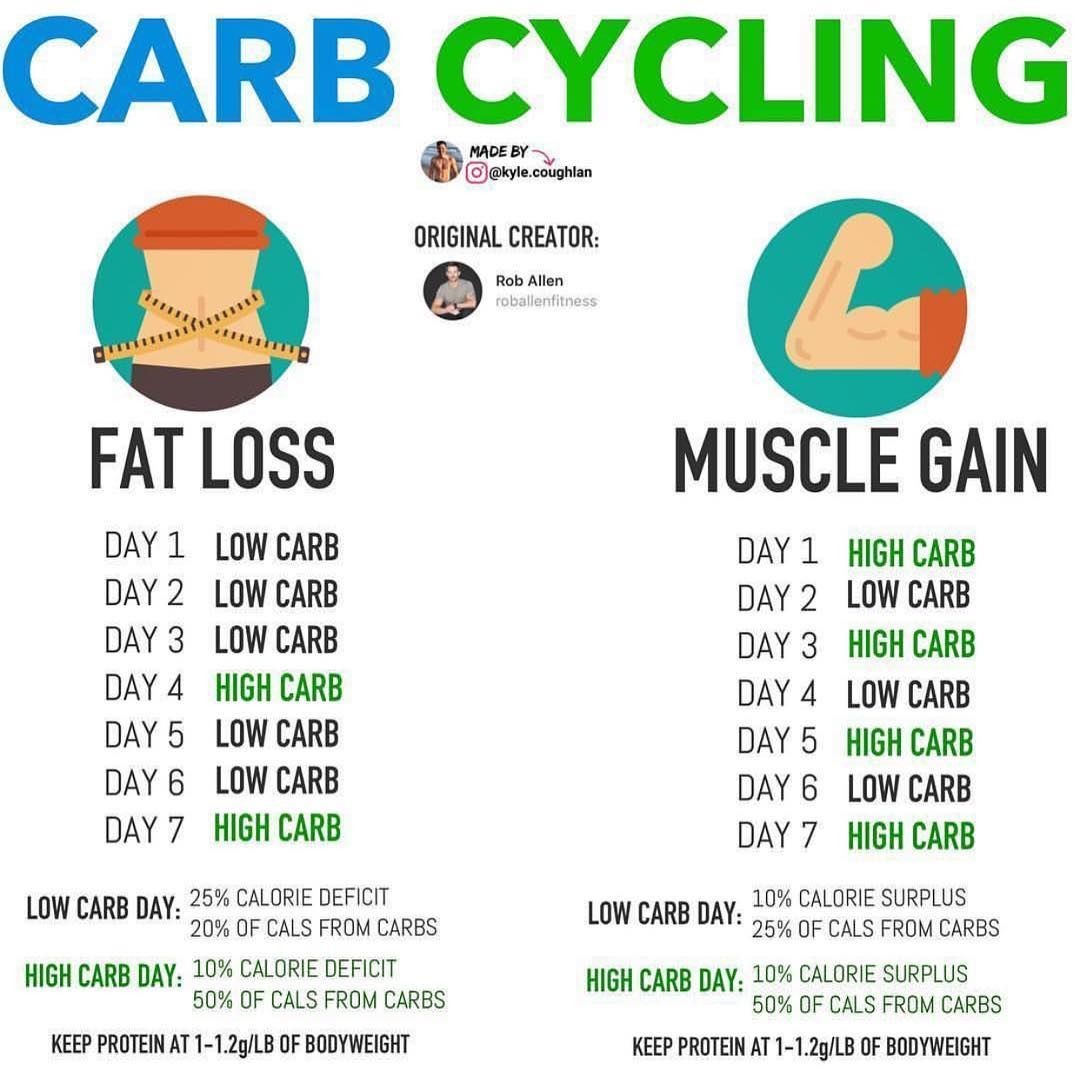
Contents
Is Carb Cycling Effective for Weight Loss?
Carb cycling aims to optimize carbohydrate intake for metabolism adjustments. However, there is limited evidence supporting its weight loss benefits.
A healthy weight loss plan often includes a low-carb diet. Carb cycling allows you to alternate between consuming and avoiding carbohydrates based on your needs. This strategy can enhance your weight loss efforts.
Carbohydrates, proteins, and fats are the primary components of the human diet. Carbs are broken down into glucose, which provides energy for your cells. They can be categorized as sugars, starches, or fiber.
Sugars are simple carbs, while starches are complex carbs. Fiber cannot be digested and aids in digestion and blood sugar control.
Carbs are essential, accounting for 45-65% of your daily calorie intake.
Healthy sources of carbs include whole grains, dairy products, legumes, and fruits.
What is Carb Cycling?
Carb cycling involves adjusting carb intake according to activity levels. A carb cycling plan may include several low or zero carb days, moderate carb days, and high carb days. It requires meticulous planning compared to a regular calorie-controlled diet.
Aligning carb intake with exercise is one approach. For instance, eating carbs on workout days provides energy and prevents muscle loss during dieting.
On low or no carb days, your body utilizes stored fat and protein for energy. High carb days should only occur on heavy workout days to avoid calorie surplus.
Daily Carbohydrate Requirement
Carbs are necessary fuel, providing 4 calories per gram when metabolized. Adults typically consume 45-55% of their calories from carbs. The remaining calories come from proteins and fats.
Exercising without consuming carbs can lead to using stored fat for energy, aiding weight loss.
Carb Cycling and Weight Loss
While not strongly supported by evidence, carb cycling can be beneficial for weight loss. Reducing carb intake and increasing protein consumption promotes satiety, aiding in weight loss efforts.
Sustained weight loss depends on a calorie deficit. As long as your daily calorie intake remains around 30% below your requirement, carb cycling can be effective. Various diet compositions, including alternating low and high carb days, have similar weight loss outcomes.
Carb cycling is believed to influence insulin sensitivity, fat burning, and glycogen utilization. Consecutive low-carb days deplete glycogen stores, promoting fat burning.
QUESTION
The Safety of Carb Cycling
Reducing carbs to extreme levels can result in fiber deficiency and various digestive issues. Additionally, high intake of fats and proteins may increase the risk of kidney disease, heart disease, and certain cancers.
Carb deprivation can cause fatigue, cravings, constipation, bloating, and other discomforts. It is crucial to maintain a well-balanced diet when practicing carb cycling.
Carb cycling is a strict diet typically used by athletes and bodybuilders for short periods to build muscle and reduce fat.
Effective Carb Cycling Strategies
Caloric intake should not be compromised during carb cycling. On no carb days, increase protein and fat consumption to meet energy requirements and prevent muscle loss. A weight loss diet should provide 1,900 calories for men and 1,400 calories for women.
Eliminating carbs entirely may not be sustainable. Restricting carbs to around 10% of your daily diet can help control cravings and maintain balance.
Avoid intense workouts on low carb days, as carbs provide essential energy. Reserve high carb days for days with intense physical activity to avoid weight gain.
Balance is key. Even when carb cycling, include a variety of fruits, vegetables, whole grains, dairy, and protein sources in your diet.
Sources: American Council for Exercise, Journal International Society of Sports Nutrition, National Center for Health Statistics, National Health Service, National Library of Medicine, Nutrition & Metabolism, US Department of Health and Human Services


